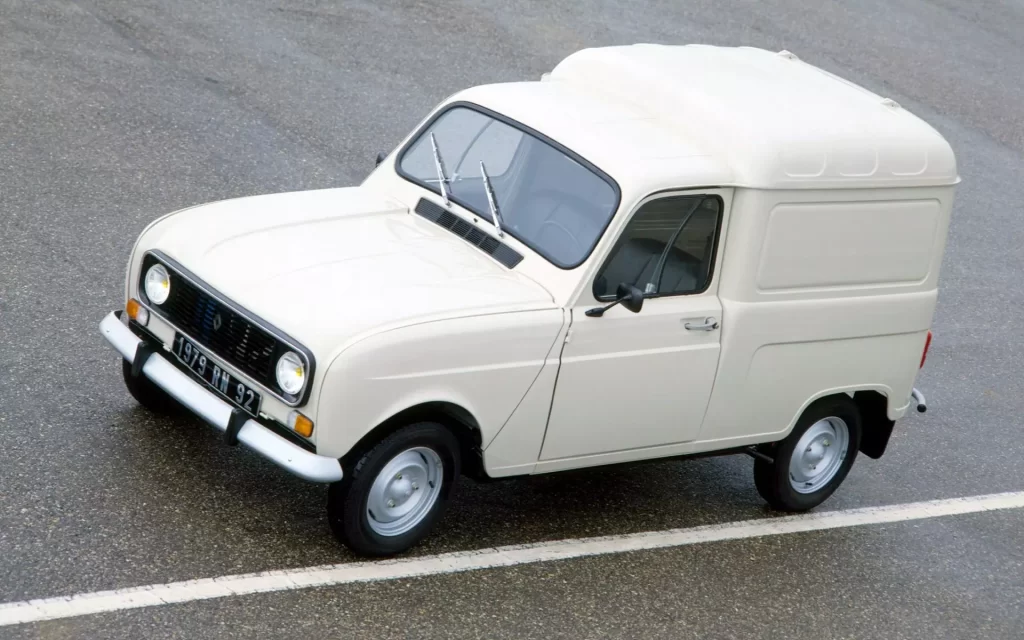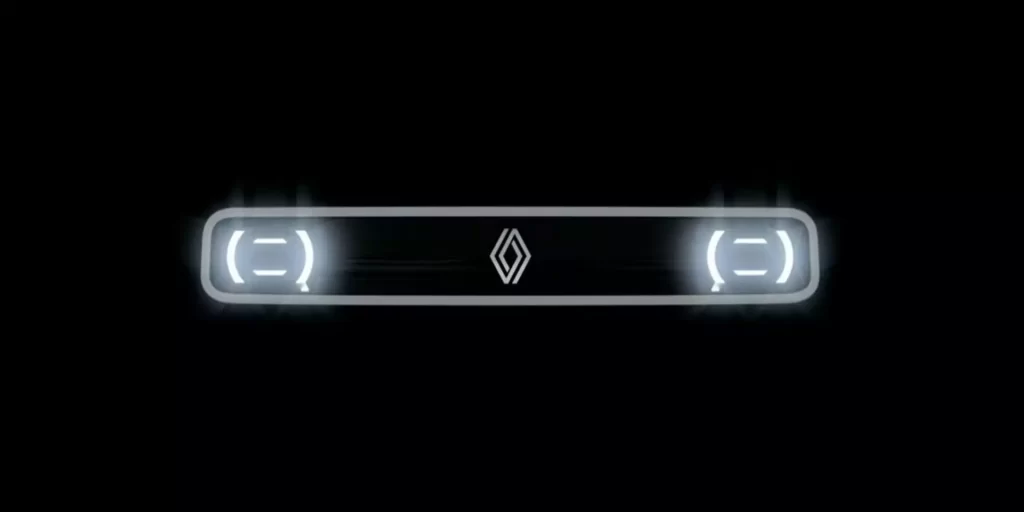Renault ist bereit für die elektrische Zukunft. Nach dem Renault Megane E-TECH und dem 4ever SUV wird es nun den Renault 4 Van geben. Dieses Modell war zwischen 1965 und 1992 auf dem Markt, und Renault hat bereits eine Neuauflage angekündigt.

Der Renault 4 Van wird ein vollelektrisches Modell sein. Das neue Modell wird unterhalb des Kangoo E-TECH angesiedelt sein. Es wird auf der CMF-BEV-Plattform basieren. Diese Plattform wird auch von anderen Renault-Modellen verwendet. Der flache Boden der Plattform wird ideal für den Innenraum sein. Denn hinter den Vordersitzen steht den Käufern mehr Platz für Ladung zur Verfügung.
Die Frontpartie erhält einen verkleideten Kühlergrill, LED-Leuchten und das neue Renault-Emblem.

Das neue Batteriepaket wird mit der Nickel-Mangas-Kobalt-Technologie hergestellt. Die Batterien werden in der französischen Heimatstadt hergestellt und ermöglichen dem Käufer eine Reichweite von bis zu 249 Meilen.
Wir werden den neuen Renault 4 Van im Jahr 2025 sehen.
| Cookie | Dauer | Beschreibung |
|---|---|---|
| cookielawinfo-checkbox-analytics | 11 months | This cookie is set by GDPR Cookie Consent plugin. The cookie is used to store the user consent for the cookies in the category "Analytics". |
| cookielawinfo-checkbox-functional | 11 months | The cookie is set by GDPR cookie consent to record the user consent for the cookies in the category "Functional". |
| cookielawinfo-checkbox-necessary | 11 months | This cookie is set by GDPR Cookie Consent plugin. The cookies is used to store the user consent for the cookies in the category "Necessary". |
| cookielawinfo-checkbox-others | 11 months | This cookie is set by GDPR Cookie Consent plugin. The cookie is used to store the user consent for the cookies in the category "Other. |
| cookielawinfo-checkbox-performance | 11 months | This cookie is set by GDPR Cookie Consent plugin. The cookie is used to store the user consent for the cookies in the category "Performance". |
| viewed_cookie_policy | 11 months | The cookie is set by the GDPR Cookie Consent plugin and is used to store whether or not user has consented to the use of cookies. It does not store any personal data. |
